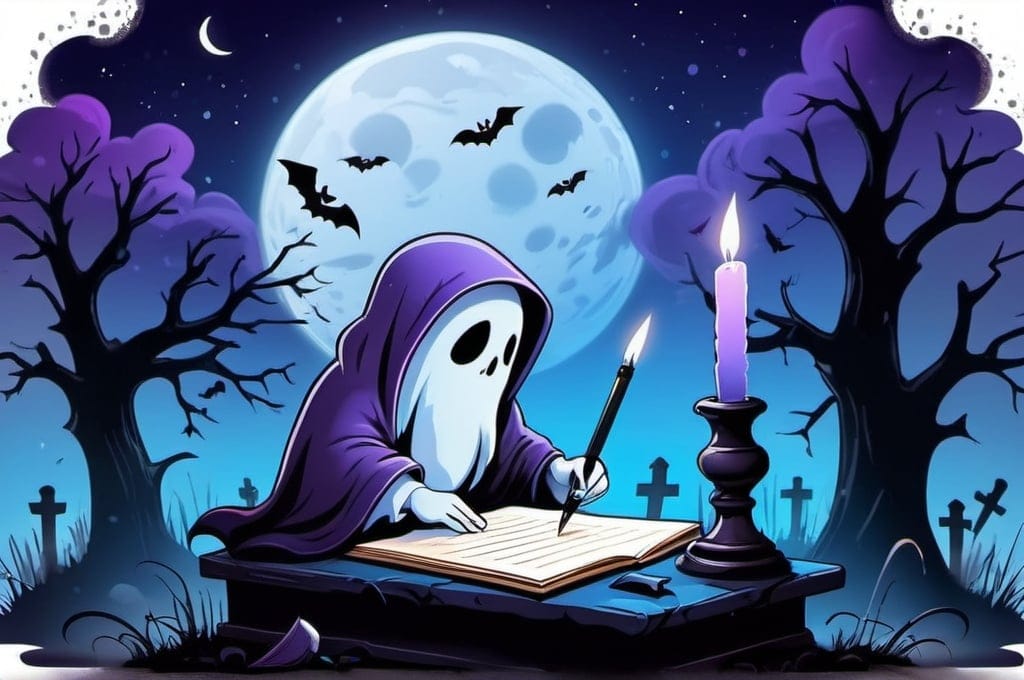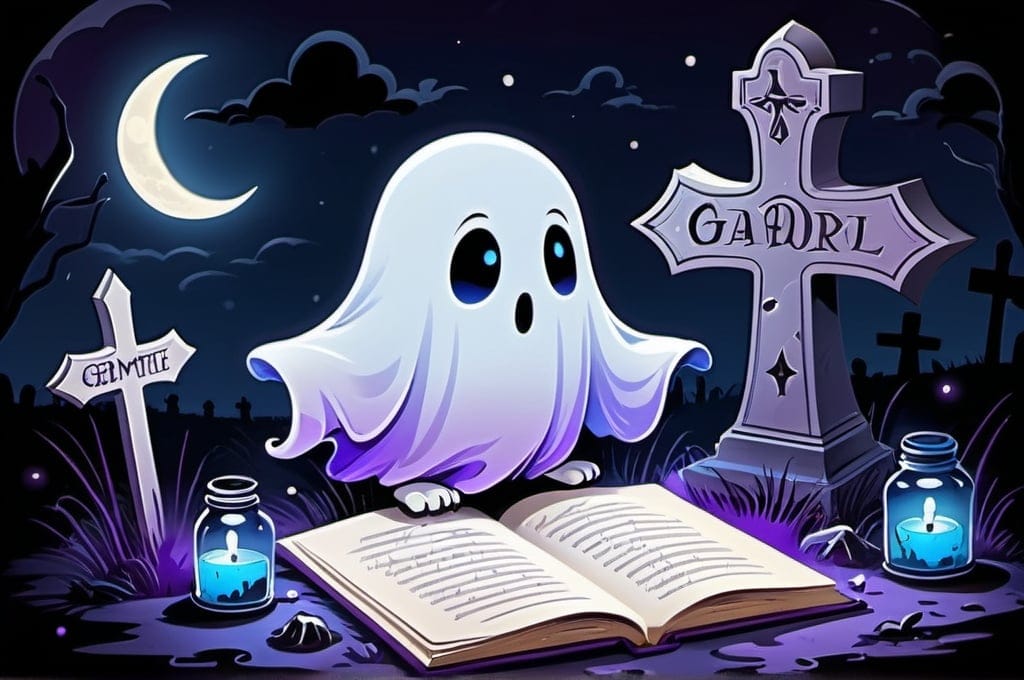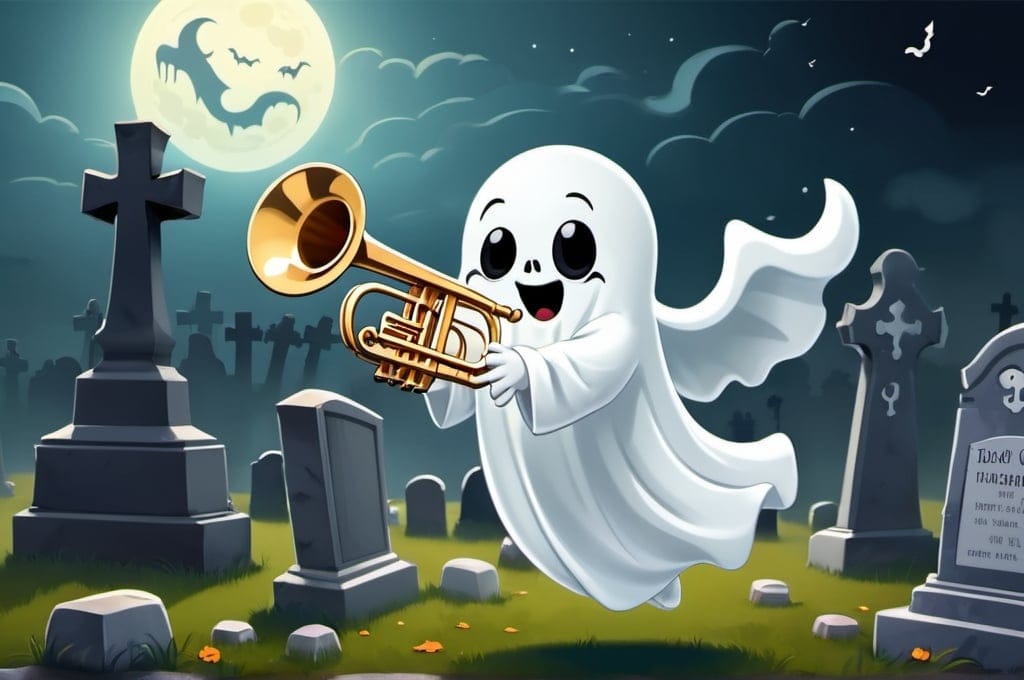On this page
Chapter 2 - Writing Content
—Steve Almond
—Emilia Fox
Content: Under Your Control
You can write about anything you want.
Literally.
Anything.
If you want to write a story about zombie dragons battling against demonic turtles for the fate of some distant planet called Averstine, you can and no one can stop you. This is your creation and you are only limited by your own imagination.
Writing is a personal task that you are doing for yourself, by yourself, and if you are happy with just writing about something that interests you, then you can put any words on a page and they are yours to keep.
However, that doesn’t mean your book is going to get published. In fact, the publishing industry is taking fewer and fewer books each year down the traditional route, and oftentimes the books they are picking come from tested authors or authors who are already popular themselves. For example, many popular books that blew up the charts over the last few years started as indie published titles (think Fifty Shades of Grey and The Martian) that were then purchased by a big publishing house.
So, the odds of someone betting on and investing in your book right away are very slim. At the same time, the amount of different ways you can publish on your own has skyrocketed. There are vanity presses, niche publishers, indie publishers, and indie authors releasing their own content. Which route you choose depends on how much or how little of the process you want to handle on your own.
Styles of Content
There are really only two options for creating content, which are writing whatever you want to write or writing for a specific audience and market. Both have nuances to them and not every author will be interested in the latter option.
Write to Market?
This is a tricky topic. A lot of authors will recommend that when you write, you pick a niche market and attach yourself to it. This is called writing to market, and it is exactly what it sounds like: you find fans, and you tell those fans a story they want to hear. Then, when you are done, you start over and do the same thing.
For example, when vampires got super popular, everyone realized a vampire novel would sell well, and as a result, there were hundreds of them overnight. Then, when zombies took center stage, suddenly everyone was writing about those and adding their voice to the crowd.
This strategy takes a lot of market research to determine where markets are trending and what is getting popular at any given time. You also have to learn how to write different genres you might not be super comfortable with.
It can also backfire if you simply become just another author who is always behind the curve. Then you would end up selling very few books and get negative credibility as being a tagalong author.
More than that, it seems that this trend is starting to wear a little thin on readers who are growing wise to the game. They get flooded with the same thing all at once and start looking for something new a lot earlier now.
That doesn’t mean it is a bad strategy for shaping your career, but it’s also for a certain kind of author who usually spends his or her time writing with the intention of it being a career, and they are always spending time researching what is currently popular in their niche to make sure they are delivering the right content.
If you are looking to make your living doing this, then it might be worthwhile learning your market, targeting readers in a specific subgenre, and selling directly to them. It helps you focus on generating returns on your investment and can actually make you a lot more money overall.
After all, the alternative is writing a book for yourself, or writing a book you think will have a large market and isn’t for a niche audience. Writing a book designed to appeal to a large number of people might end up appealing to no one at all.
Write for Yourself?
The other side of writing to market is writing for yourself. This is what I do, and I’ve never completely abandoned a project just because I didn’t think it could find a market. After all, many markets crop up around a popular book, and you could actually end up at the forefront of the next popular trend rather than the opposite.
Something in the Middle?
My advice?
Write the content you want to and just enjoy the process. There are a lot of readers out there, so if you like something about your story, then chances are someone else will, too. The trick is getting your book into the hands of enough readers that you can find the people who will love your book and writing style.
If you don't enjoy doing it, then it quickly becomes a bothersome job and not a task to enjoy.
Don't Take it Personal
This one is important and we need to cover it right off the bat. Just like I mentioned earlier, your book is not your baby, and when you write it and release it out into the world, you have to let it go.
Not everyone will like your story. That’s just a simple fact, and if you think you’re going to write a book that is universally loved, you’re going to be in for a rude awakening.
If you want to see what I mean, go to Goodreads and scroll through some of the more popular books. Read the comments and see how nitpicky readers can get. Or, even worse, see how rude or just plain mean some of them are. It seems like there are a lot of readers out there who don’t understand that there is someone on the other side of that book crafting a story to the best of their abilities, and books can bring out the worst in people even if they aren’t controversial.
Plus, you likely won’t have a full team of professionals helping craft and clean up your story based on market trends, so a lot of people might hate your book just because it is different. If you don’t write like Stephen King or James Patterson, they might just dislike you on principle.
Something one person loves, another is bound to hate, and that’s just life. Sometimes, a reader who might otherwise love your book will have a bad experience with it because something else is happening in their lives.
I met a guy online who gave a string of books he normally would have loved all one- or two-star reviews simply because his wife had been recently diagnosed with a terminal illness. He was having a bitter couple of weeks, and he took it out on authors he’d never met.
Don’t take it personally, and also don’t give up your uniqueness simply in the hopes of making something more people will rate positively. If your plan is to write to market just so people can complement you on crafting a great book that is just like all of the other books it was pushed out alongside, then you’re probably doing this for the wrong reasons.
What Genre to Write?
That being said…
There are certainly genres that perform better than others and have a bigger fanbase, especially for indie authors. For example, literary fiction is notoriously hard to break into for many authors, especially newcomers who aren’t published through a traditional publishing house.
The reason being: the audience who enjoys literary fiction is small, voracious, and incredibly opinionated. It also covers such a wide swath of topics that it’s going to be hard to find a good niche for your book that is big enough to make money off of.
Alternatively, romance is a great genre for indie authors. It is full of simple niches that are fairly easy to break into because the audience just wants and expects a certain thing, and if you can deliver that thing over and over again, they will be loyal. If you can find a way to make them happy, you can build an avid audience who will support you through thick and thin.
Other genres fall somewhere in the middle between these two extremes. For example, space operas (similar to Star Wars) have a huge audience and can move a lot of copies, but it’s also fairly well established. If you can break into the market, there are a lot of readers, but it is tough to get a first chance.
Horror is the same way, though it breaks down into a lot of sub-niches that are fairly popular. You can build an audience that won’t expect you to release books as fast as some other genres.
Erotica is similar to romance, but it’s going to be hindered by a lot of external weaknesses, including promotional websites not wanting to promote it, or actively suppressing it out of fear children might see it, or readers who are aggressive because they didn’t realize what it meant. That being said, there is a huge readership for erotica, you just need to cultivate it over time.
The point is, there are advantages and disadvantages to any category you want to write in. Don’t worry much about this, but also don’t neglect understanding your genre and the readers you write for.
Do your research
Even if you are only writing for yourself, it is still incredibly important to understand what genre your book falls into and how to market it.
Amazon is going to be the easiest market to research, and it is also the one that sells the most copies. By many reports, Amazon moves almost three quarters of all books sold across the market and has tremendous power.
Basically, the way to do this is to go to Amazon and search for a book similar to what you are writing. Every book is situated in multiple categories, and it has a rank in each category that you can look at.
If you click on the category itself, you can see the top one hundred most popular books based on how many copies they are selling daily in that specific category. Some are more popular than others, so the top books might be selling quite a few more copies than those at the top of a similar category.
These are the books you are competing with and what is selling right now, so it’s important to understand what audiences are looking for, which includes the content and types of covers readers are purchasing.
Again, your focus should be on what you plan to get out of this. If you aren’t sure how well your book will sell, check out the genre on Amazon and see how many books there are in it. Is it a super competitive category where it will be hard to break into (but highly rewarding if you do)? Or, is it a weak genre where you can easily get into the top ten, but that won’t mean much?
Find Keywords
Keywords are hugely important, and it is a good idea to start thinking about them before you even start writing. The reason for this is because keywords are sort of like your lifeline where your book can come up for air, and when people search certain keywords, you want them to see your book.
The problem is: if a lot of people search certain keywords, then most likely a lot of authors are already trying to reach those people. For example, one of my books is about people who hunt demons, so I looked up the keyword ‘demon hunter’. There are quite a few books that show up in a list like this, but there are also quite a few people who search for it.
The trick is to find keywords that a lot of people are looking for, but not a lot of books actually use. This is easier said than done, and without the right tools, it can be nearly impossible.
One tool I’ve found that is incredibly useful (but also kind of expensive) is called KDP Rocket. It searches keywords across Amazon and Google to give you an idea of how often those keywords are searched and how many people are competing to use them.
This can be invaluable in determining what keywords you should shoot for, and it can help in early research to figure out what to write your book about. Maybe adding a few elements can help you capitalize on a keyword and get a lot more sales in the future.
This isn’t something to stress out over, and if anything, it is just to give you an idea of future optimization tactics you’ll be looking into regarding your books.

Becoming a Bestseller
A lot of people talk about how easy it is to get bestselling status on Amazon by using a weak category.
Essentially, the "trick" boils down to:
- Author writes a book in the sci-fi category.
- Author researches and finds out that the ‘religious’ category isn’t popular and the top book is #5,000 in the kindle store.
- Author loads his/her book up into that category, even though it doesn’t fit.
- Author focuses effort and sells enough copies to reach #1 in this category and earn the ‘bestseller’ tag
Basically, in this scenario, the author has managed to become a bestseller moving only fifty or sixty copies rather than the actual bestsellers moving hundreds of copies every single day, or even every hour.
But this author will then promote his book as a bestseller for the rest of her/his career despite the fact only a small number of copies were actually sold.
It is, a word: bull crap.
Maybe two words.
In any case, it stinks of a song coming out during a slow music period, spiking to the top of Apple Charts for an hours because of quick downloads of rabid fans, and then claiming it was a top song when it had 6,000 listens to a real chart topper at 6 million
Take all of this with a grain of salt and consider it how you will: readers take ‘bestseller’ status on Amazon much less seriously nowadays because so many authors participate in this exaggeration.
In general, unless a book can climb to the top #100 in all of Amazon on at least the kindle store, then the bestseller status shouldn’t apply. However, on the other hand, this is a completely valid marketing strategy (exaggeration) that many authors use to boost their careers.
My recommendation is, don’t take shortcuts. Do everything the right way, take your time with it, and build slowly toward success. If you do things right, you’ll be able to reach true bestseller status at the right time in your career, if that is your goal.
Should You Mix Genres?
You can certainly mix up genres and play with things (for example, the paranormal romance genre is enormous, usually including things like vampires or werewolves and romance) but keep in mind that one really important thing long term is having a clear way of selling your book.
For example: you can certainly write a horror/literary novel, but if people are confused by the concept, you might end up hitting neither audience instead of both.
Don’t worry too much about this if your goal is to write the book you want to write and not to worry about things like this. I just wanted to bring it to your attention.
Next Steps
Now that you have an idea of what content to put in your book, determine whether you plan to write to a specific genre, or if you want to write for yourself and then determine which genre you fall into.
Either way, it is important to understand what you are creating and where it will eventually end up when you publish it, and just about anything you write will have an audience. The trick is maximizing that audience and finding them in the world.
The first thing I want you to do is examine your writing style and think of a comparable book you’ve read in the past. Look that book up on Amazon and see where it sits in Amazon’s categories, and then look at the categories for other books on the market.
Make notes about what readers of this genre like and see where your book will fall once you launch it. This is practice for market research, and learning how all of this works will benefit you a lot in the long run!
As always, if you have questions then get in touch!



